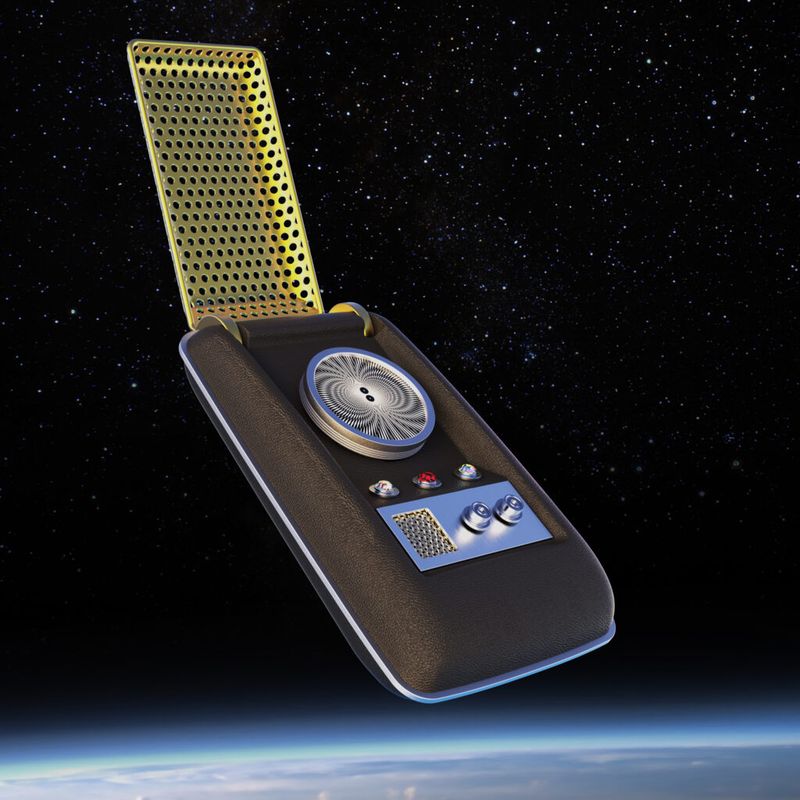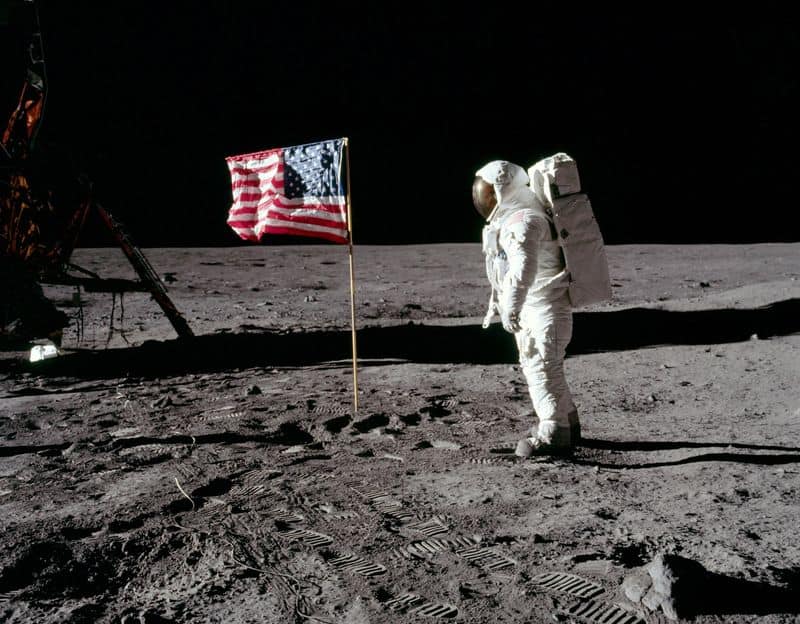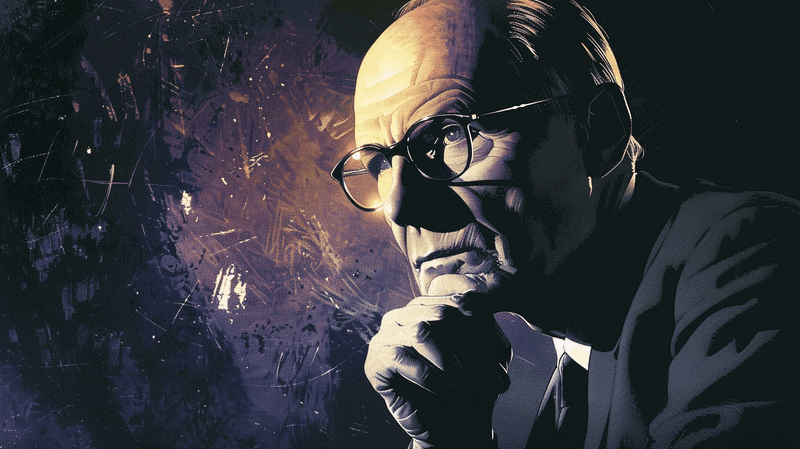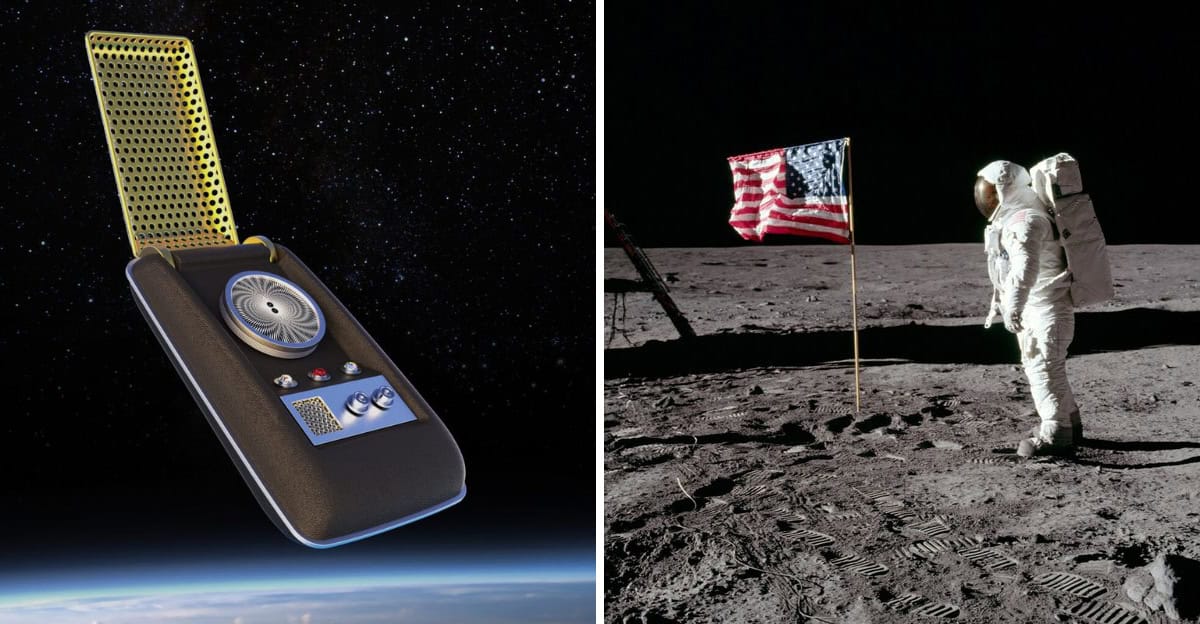Throughout human history, some predictions seemed impossible yet have materialized, astonishing us with their accuracy.
From science fiction forecasts to technological advancements, these predictions have reshaped our world.
Here, we delve into six remarkable predictions that have come true and ponder what future possibilities they might inspire.
1. The Internet: Foreseen in 1964

In 1964, science fiction writer Arthur C. Clarke predicted a global network that would allow instant communication anywhere on Earth. His vision mirrors today’s Internet, where billions connect daily.
Clarke imagined people accessing information and communicating via screens, foreseeing video calls and online databases.
His prediction highlighted the potential for a networked society, reshaping business, education, and relationships. As technology evolves, we might see more immersive and intuitive interfaces, like virtual and augmented reality, changing how we interact with digital spaces.
2. Mobile Phones: Star Trek’s Communicator

Star Trek, a 1960s TV show, introduced a handheld device, the communicator, resembling today’s smartphones. It allowed instant communication, similar to modern mobile phones.
This fictional gadget inspired real-world engineers, leading to the creation of cellular technology.
With smartphones now integral to daily life, the prediction has extended into areas like augmented reality and AI.
Future devices may become even more integrated into our bodies, possibly through wearable technology or implants, revolutionizing personal connectivity and information exchange.
3. Moon Landing: Predicted by Jules Verne

In the 19th century, novelist Jules Verne imagined a journey to the moon, eerily similar to the Apollo missions. His novel depicted astronauts being launched in a space capsule, a concept realized in 1969.
Verne’s foresight emphasized human exploration and technological achievement, inspiring generations.
As we look to the future, Mars colonization and deep-space exploration may be next, pushing humanity to new frontiers. These endeavors require innovative propulsion technology and sustainable life-support systems, echoing Verne’s vision of relentless pursuit of knowledge.
4. Artificial Intelligence: Isaac Asimov’s Vision

Isaac Asimov, a prolific writer, envisioned a world where robots and humans coexist. His 1950s stories laid the groundwork for modern AI discussions.
Asimov’s ‘I, Robot’ series explored ethical dilemmas and societal impacts of intelligent machines, themes relevant today.
The rise of AI has transformed industries and daily life. Future developments may include more advanced autonomous systems and ethical governance of AI, challenging us to balance innovation with responsibility. Asimov’s insights continue to guide today’s tech ethics debates.
5. Electric Cars: Predicted by Robert Heinlein

Robert Heinlein, in the 1940s, envisioned electric vehicles dominating urban landscapes. His foresight aligns with today’s shift towards sustainable transportation.
Electric cars are now common, reducing reliance on fossil fuels and lowering emissions.
As technology progresses, we may see advancements in battery efficiency and infrastructure, making electric vehicles more accessible and practical.
Future urban planning might incorporate smart grids and wireless charging, enhancing the integration of electric mobility. Heinlein’s vision underscores the ongoing transition to greener alternatives.
6. Satellite Communication: Arthur C. Clarke’s Insight

In 1945, Arthur C. Clarke proposed the concept of geostationary satellites for global communication. His idea revolutionized how information travels worldwide.
Satellites now enable global broadcasting, GPS navigation, and internet connectivity.
As we advance, satellite technology may lead to improved global internet access and enhanced disaster monitoring. Future possibilities include satellite-based solar power and space tourism.
Clarke’s visionary concept remains central to modern technology, illustrating the endless potential of human ingenuity and exploration.

